In recent weeks, the number of cases of hand, foot and mouth disease (HFMD) has been on a downward trend. However, the worrying thing is that the upcoming return to school coincides with the annual epidemic development cycle, so an outbreak is likely to occur. Meanwhile, the EV71 virus strain that causes HFMD circulating in the province has strong momentum, easily causing severe cases and death.
Doctor takes care of children with hand, foot and mouth disease at the Provincial General Hospital
The number of cases is on a downward trend.
Since the beginning of the year, the whole province has recorded 2,757 cases of TCM, an increase of 55% over the same period in 2022. The number of cases recorded in some localities with many industrial parks and high population density, such as: Thuan An City 658 cases, Tan Uyen City 562 cases, Thu Dau Mot City 509 cases, Di An City 496 cases, Ben Cat Town 257 cases, Bac Tan Uyen District 109 cases... The province recorded 2 deaths in Thuan Giao Ward and An Thanh Ward, Thuan An City. In recent weeks, the number of cases has been on a downward trend with 385 cases in week 28, 266 cases in week 29 and 210 cases in week 30. In the near future, students will return to school, coinciding with the annual epidemic development cycle, so it is necessary to strengthen control and prevent the spread of the epidemic.
Speaking to reporters, Dr. Tran Van Chung, Deputy Director of the Provincial Center for Disease Control, said: “Currently, the epidemic is showing a downward trend, but there is still a risk of maintaining high cases and deaths because the disease is highly contagious. There is no vaccine to prevent the disease and no specific treatment. The reason why the HFMD epidemic is circulating in the province is because families have not paid much attention to disease prevention. During the Covid-19 outbreak, HFMD has decreased significantly because we regularly disinfect our hands, wash our hands with soap, and maintain good hygiene for children, so disease prevention is effective.”
In reality, the effectiveness of the work of preventing and fighting against hand-foot-mouth disease varies between localities. Some localities have done a good job of propaganda, but others have not followed up closely with each household, due to the complex and densely populated residential areas, concentrated in many boarding houses and industrial zones, making it difficult to reach. Moreover, the province's preventive health system does not have enough staff to prevent and fight against the epidemic, so it is necessary to combine many forces, departments, branches and organizations in the localities in mobilizing people to practice hygiene and disease prevention.
Need strong cooperation
Forecasting the epidemic situation in the coming time, Dr. Tran Van Chung said that the TCM epidemic is still complicated. The infection situation is still maintained within the province, plus people are migrating from other provinces, especially at the time when students start going back to school. The provincial Center for Disease Control hopes that localities need to focus on preventing and fighting the epidemic more drastically in places with high numbers of cases and deaths. Specifically, local officials coordinate with landlords to visit each boarding house and each room to remind people to clean daily and weekly. In boarding houses where families have parents and adults working during the day, neighborhood officials must go to the boarding houses at night to approach, mobilize, propagate health education, and improve disease prevention measures.
The health sector proactively coordinates with the education and training sector to organize communication at schools, especially at nurseries, kindergartens, and preschools about hand-foot-mouth disease. Educational facilities ensure that there are sufficient facilities for regular, proper, and convenient hand washing with soap or hand sanitizer. Nurseries and preschools clean classrooms and the environment, provide enough drinking water, clean water, and ensure food safety in communal kitchens.
Schools regularly clean desks, chairs, surfaces and toys daily with soap or common detergents. Teachers coordinate with families to detect early cases of disease in educational facilities, immediately notify the school board and local health authorities to promptly handle outbreaks (if any). Nurseries need to regularly train preschool teachers to improve their knowledge of hygiene and disease prevention.
H.LINH - D.HUONG - H.MY
Source link


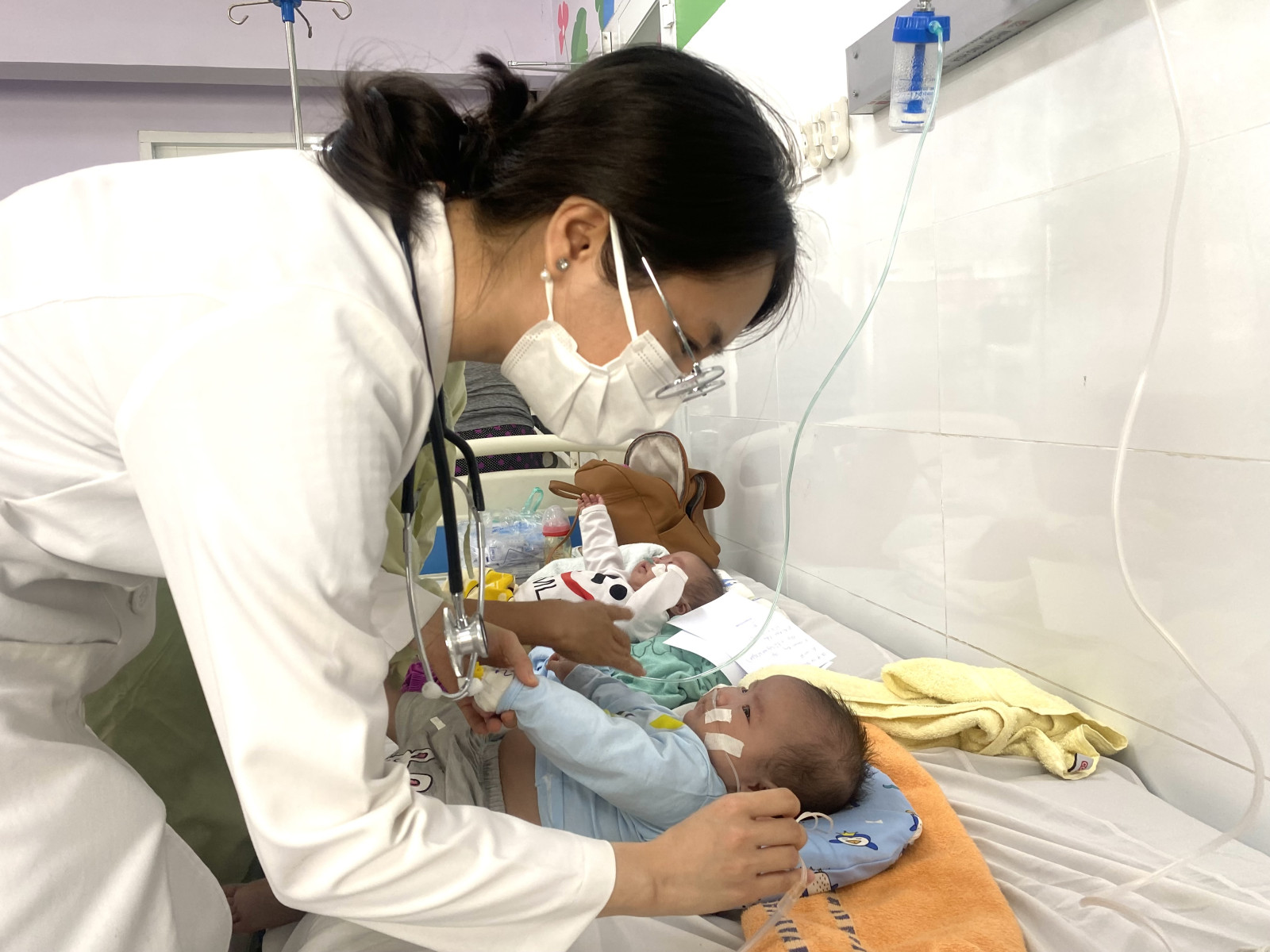
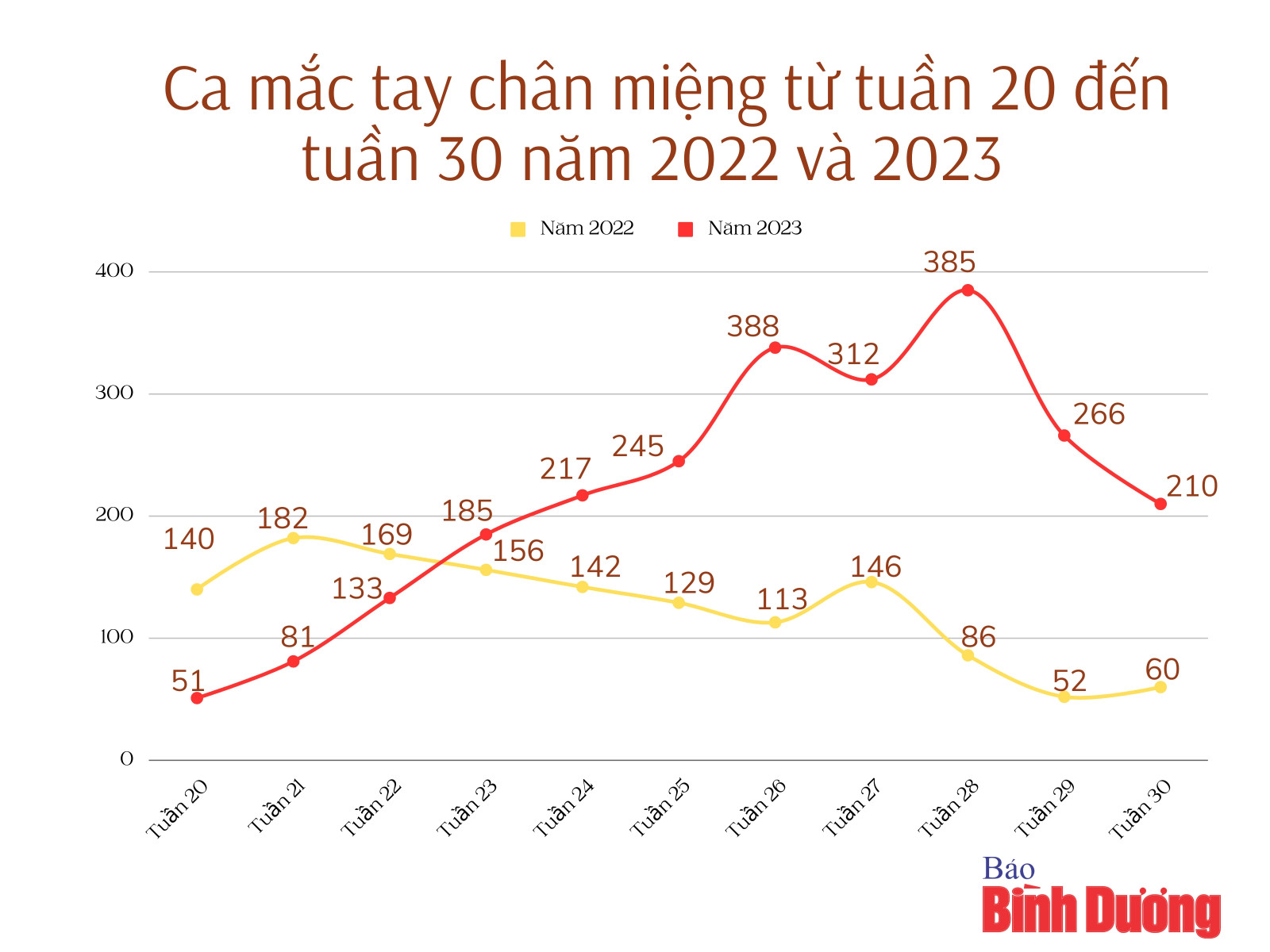












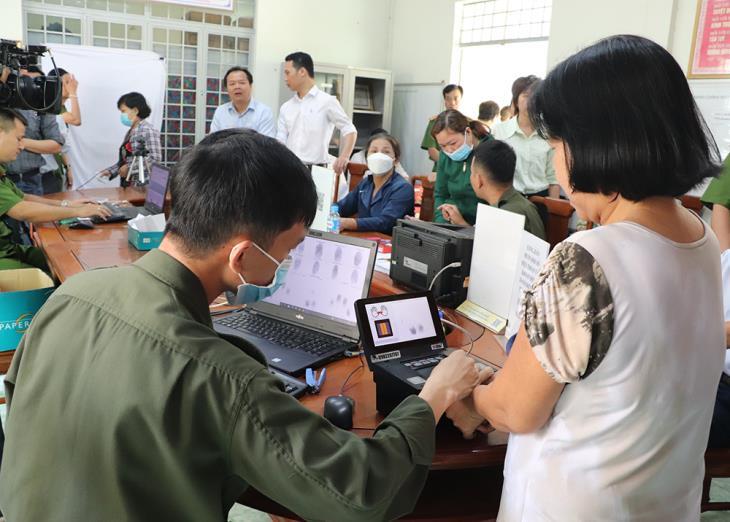

































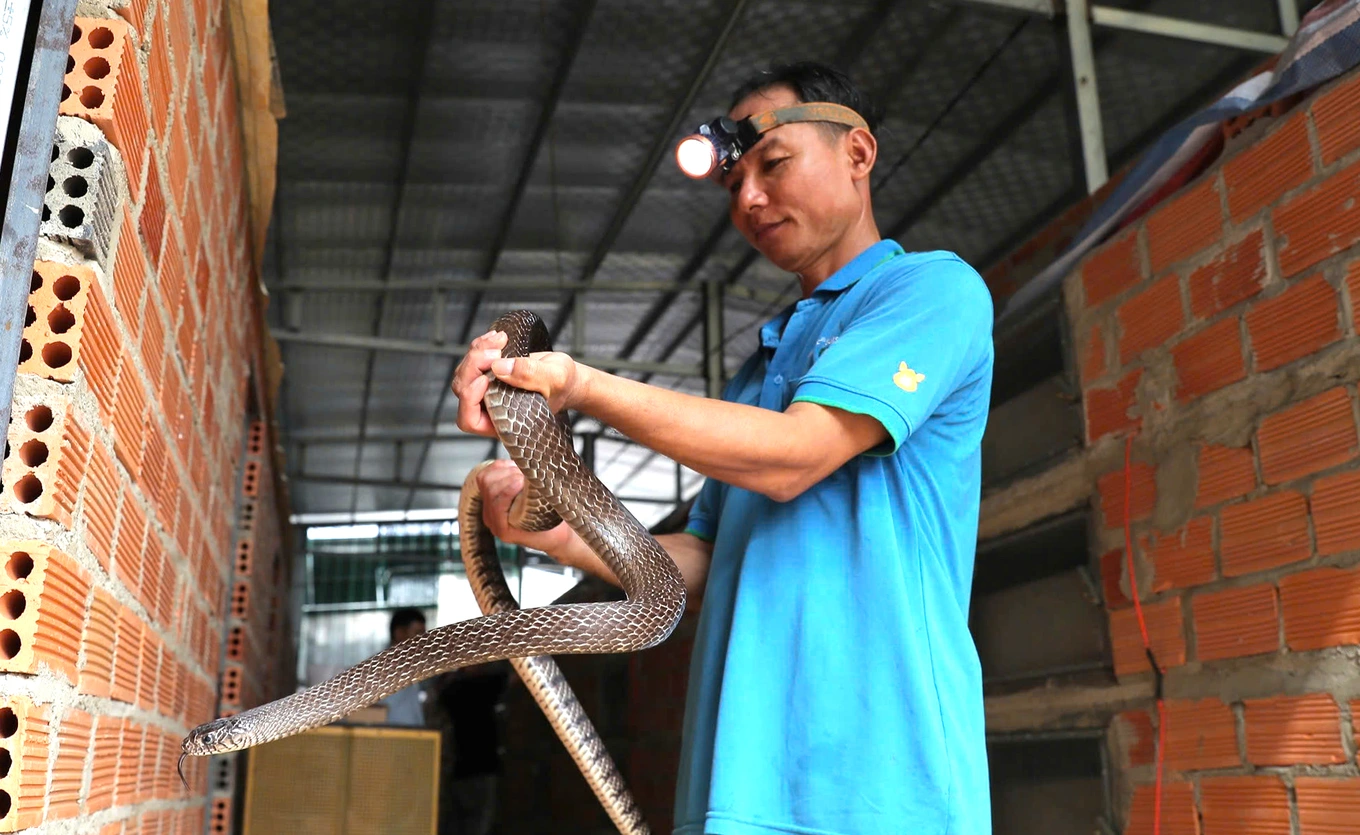




























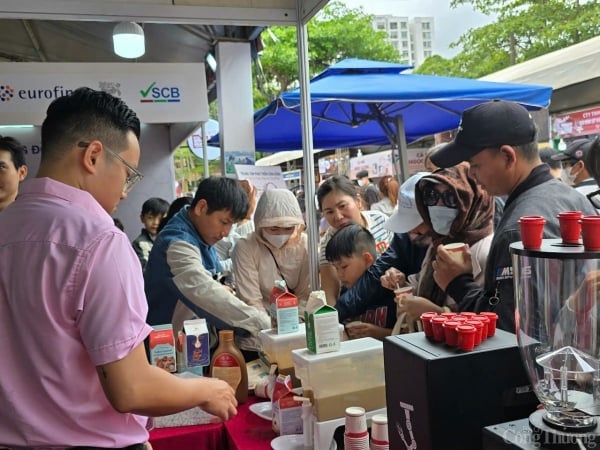





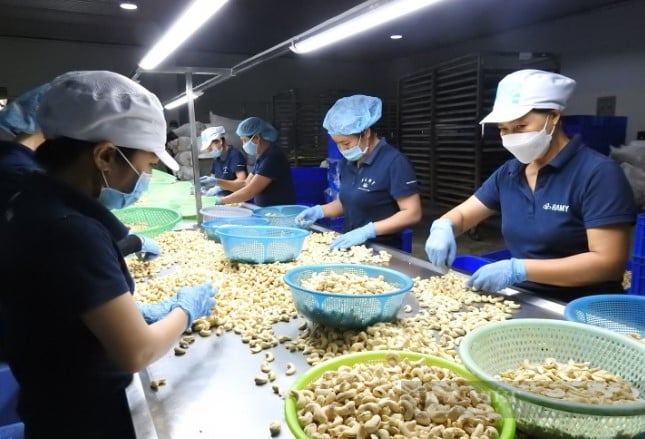
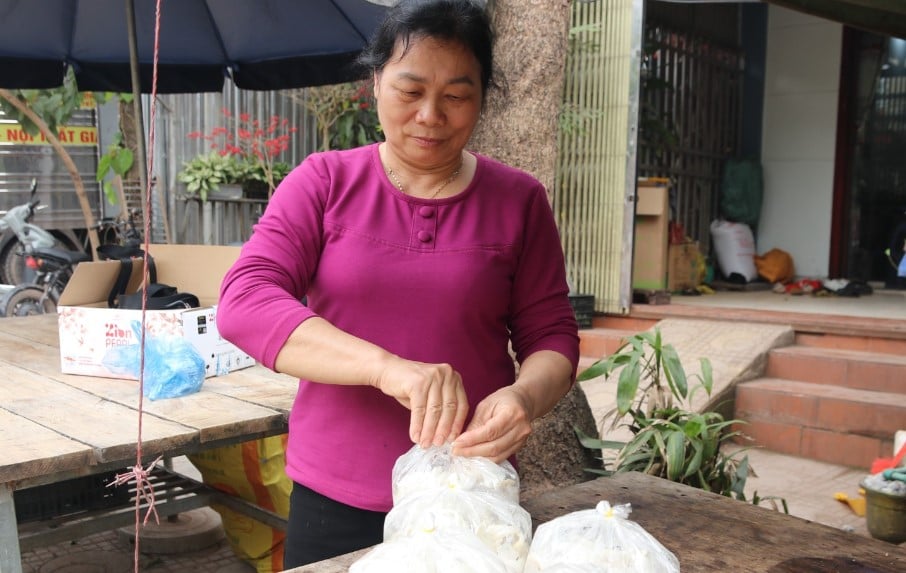


Comment (0)